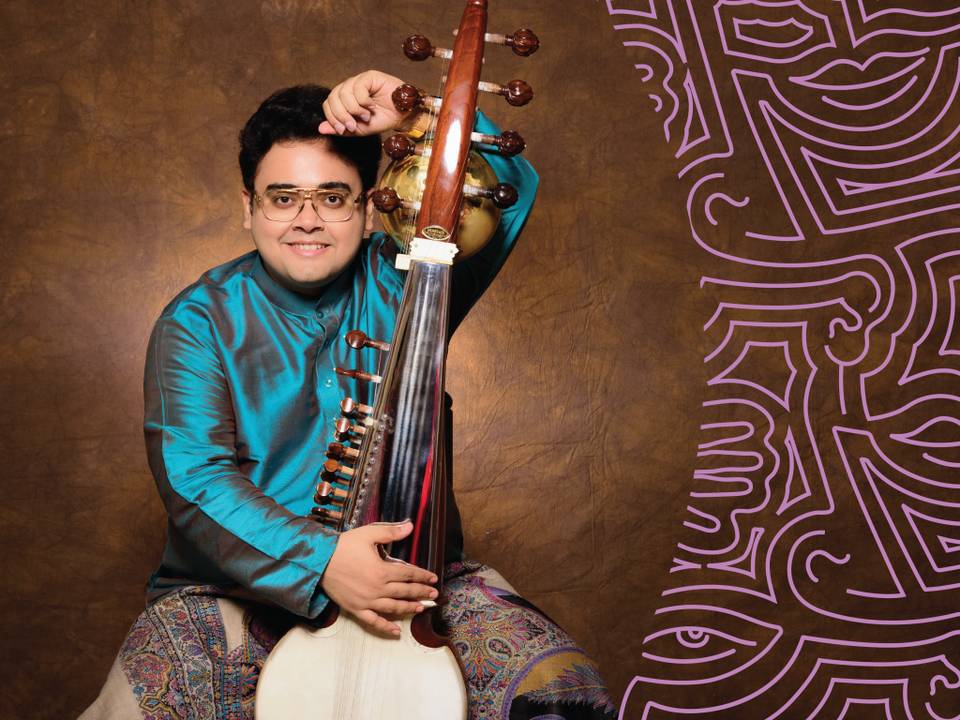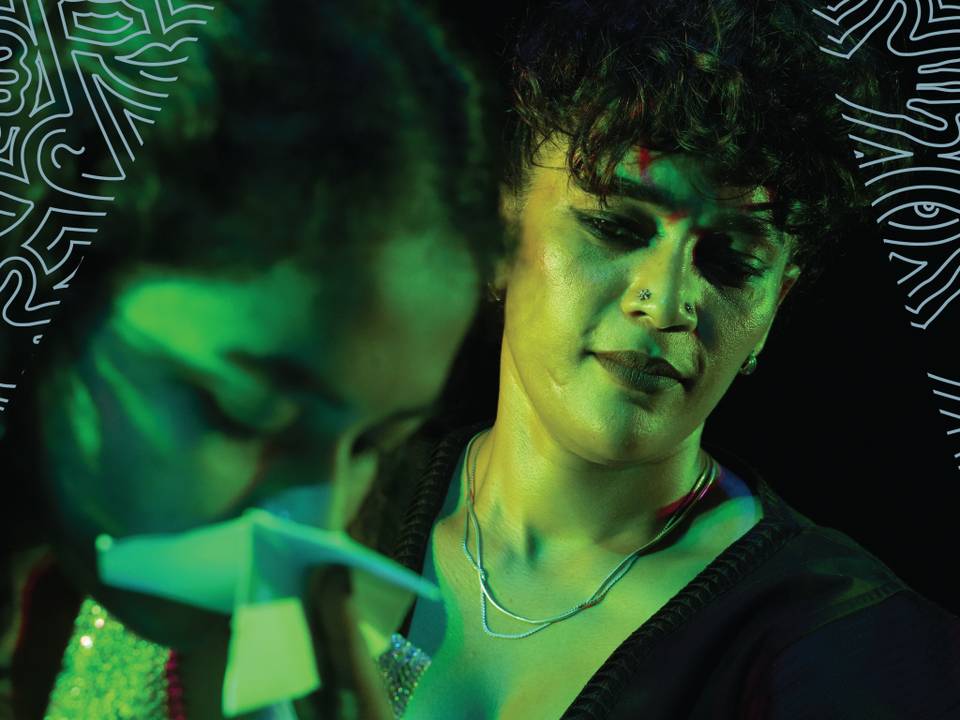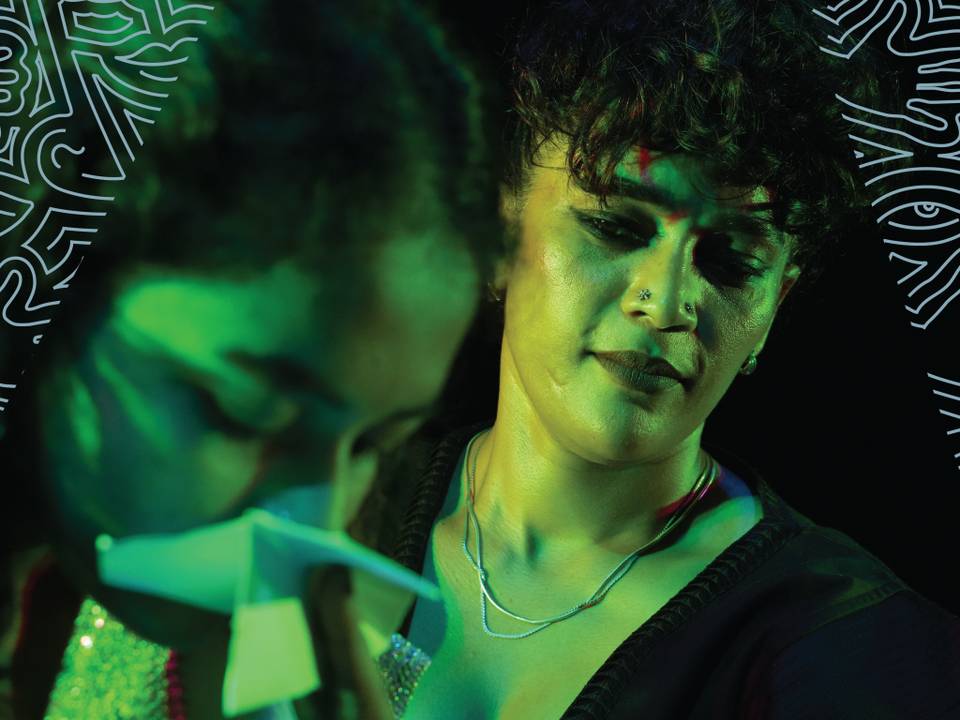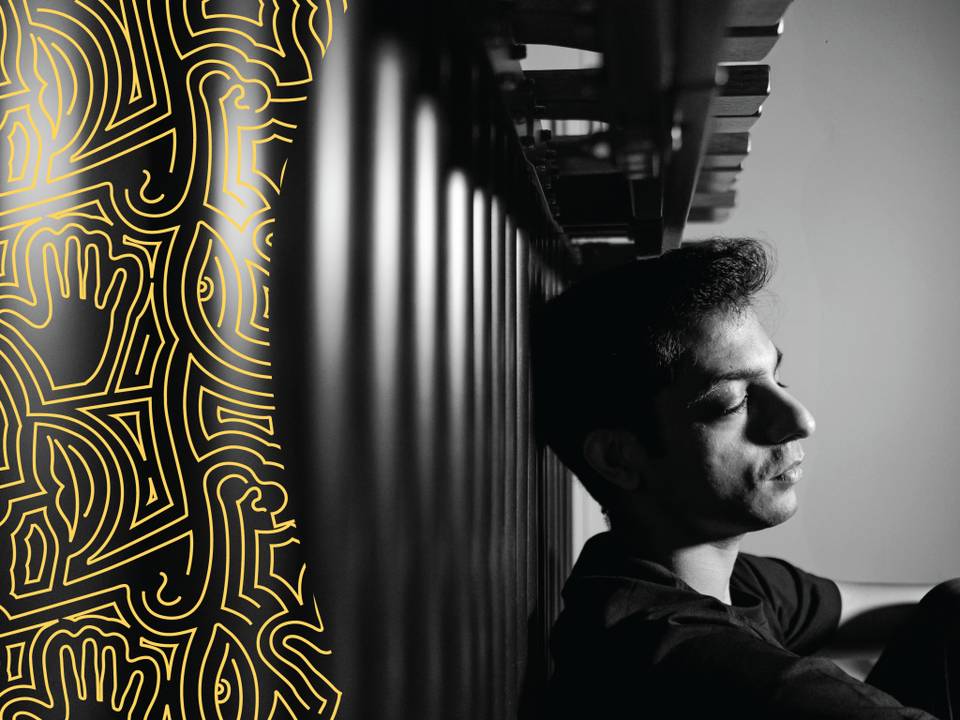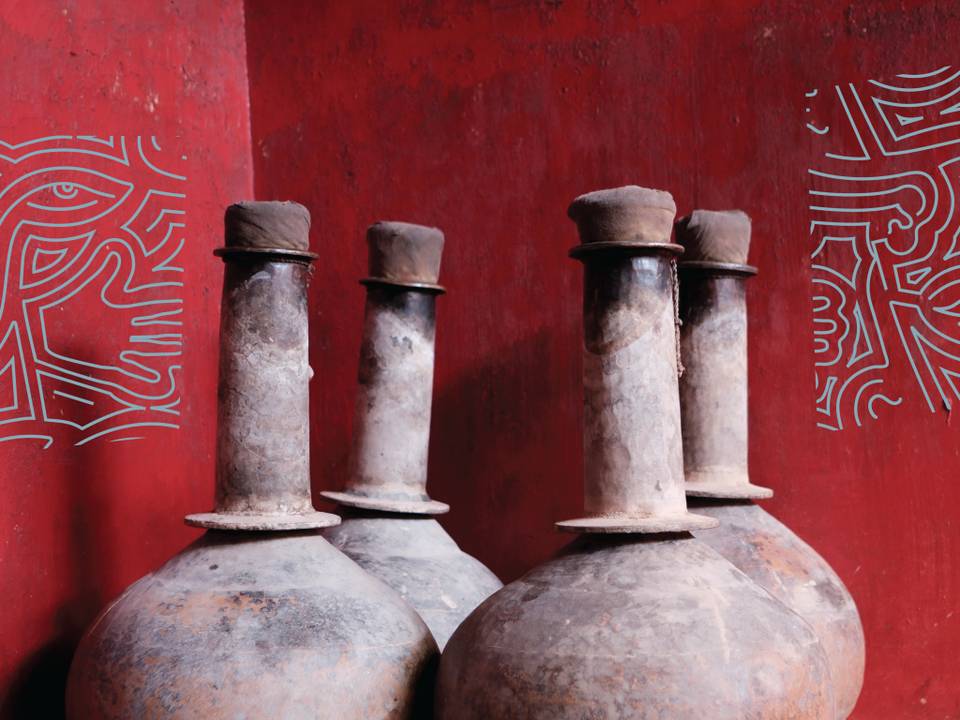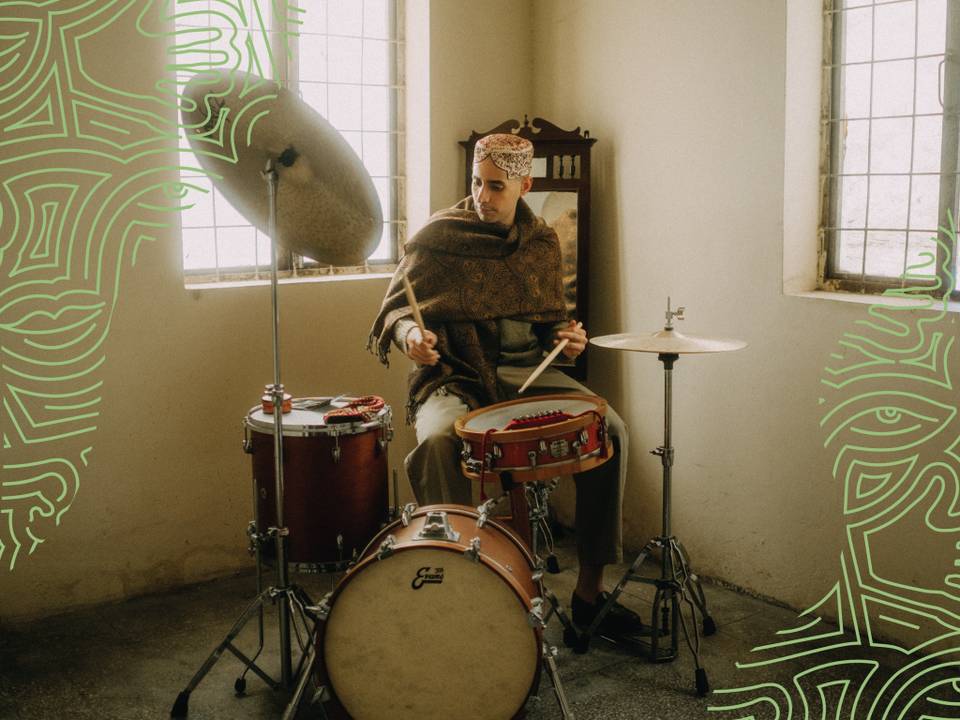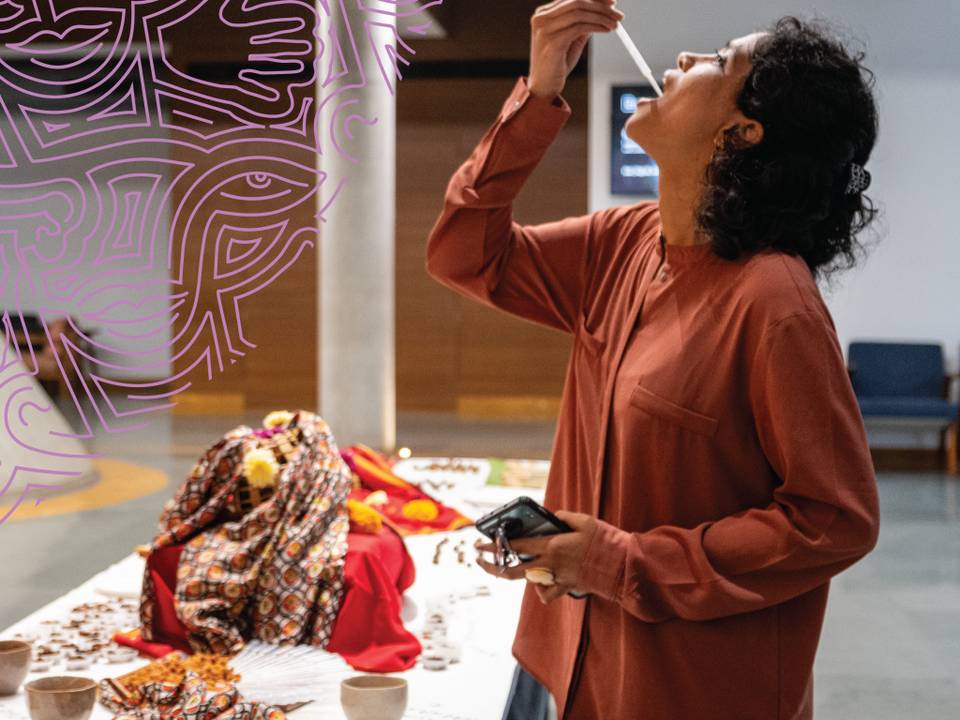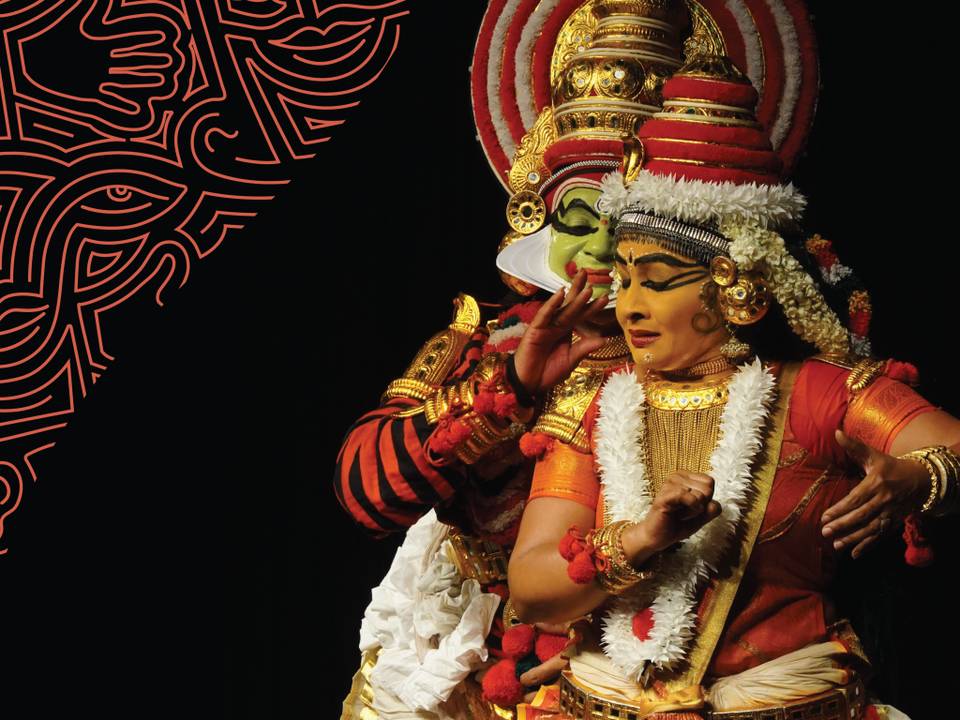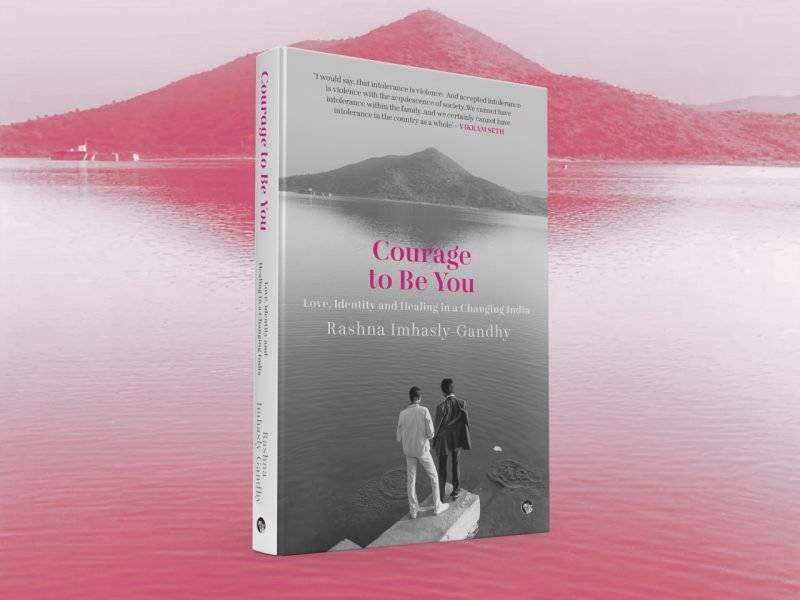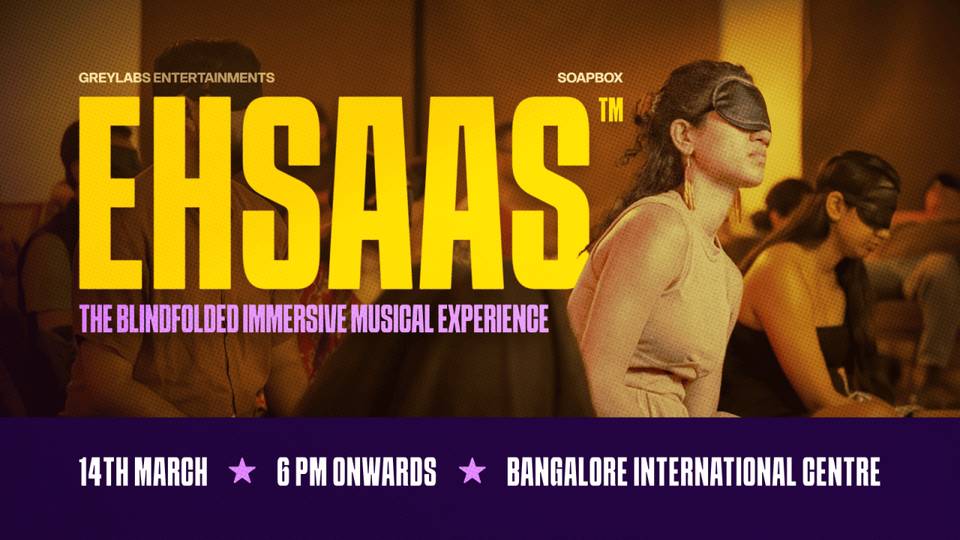Strings Across The Ocean - Musical Connections Between India and Europe
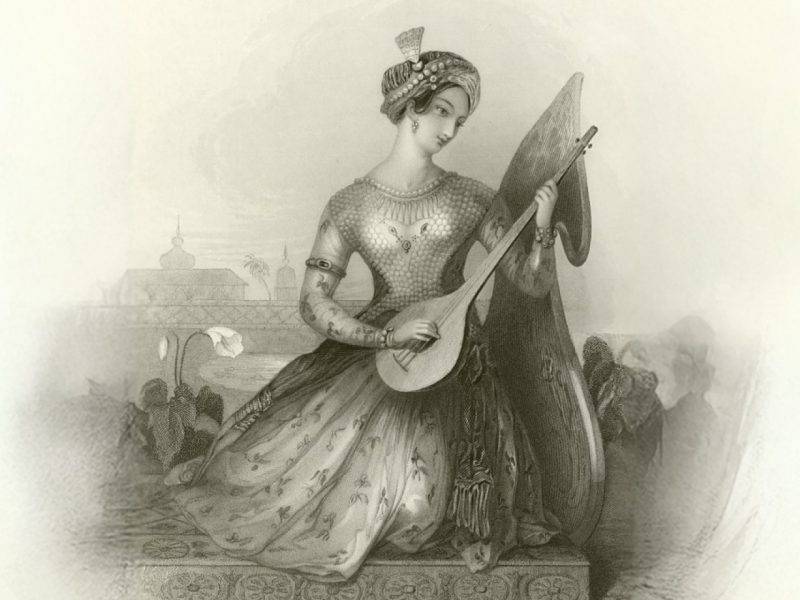
Details
Nov 28 2025 to Nov 28 2025 6:30 p.m.
EVENT HAS ENDED
Where
Bangalore International Centre
7 4th Main Rd, Stage 2, Domlur 560071
Event Description
This lecture traces the long history of musical connections between India and Europe through the travels and transformations of stringed musical instruments.
India and Europe have for millennia enriched each other’s musical cultures: from the short-necked lute of ancient Gandhara that moved west along the Silk Road to become the medieval European lute, to the Italian violin that first crossed the Indian Ocean on colonial ships in the 16th century only to be enthusiastically embraced as a Carnatic classical instrument, to the now-global sitar and electric guitar.
Did you know that the modern Western classification system for musical instruments is based on the Natyashastra? And where would the Indian film industry be without a European-style string orchestra?
Join us on a journey of discovery into the rich confluences of our joint musical histories through our beautiful stringed instruments.
This lecture series arises from the South Asian Symphony Foundation’s mission of “music beyond borders” — fostering conversations across cultural, temporal and geographical divides, and underlining how music has long served as a site of exchange, transformation and dialogue across continents and oceans. The “Symphony Lecture” serves as a formal occasion to reflect on such themes: cultural entanglement, the movement of musical ideas, and the power of sound to bridge divides.
The last edition of the Lecture was delivered by Sugata Bose (Gardiner Professor of Oceanic History and Affairs, Harvard University) in Chennai in July 2022. Bose’s talk — titled “Music and Freedom: Sounds of a border-crossing symphony” — explored how music in South Asia has participated in questions of nation, identity and freedom, and how musical circulation intersects with political and historical boundaries. With Professor Schofield’s lecture, the Foundation is continuing this thread: not just celebrating music as performance, but probing how musical cultures traverse empires, oceans, and epochs — and how in doing so they raise questions of belonging, otherness, hybridity and connection.
Speaker
Katherine Schofield
Professor of South Asian Music & History, King’s College London
Katherine Butler Schofield is Professor of South Asian Music and History and Head of the Department of Music at King’s College London. She trained originally as a violinist and viola player before falling in love with Hindustani music and its many histories, from the medieval courts of northern India to Bollywood today. A Fellow of the Royal Asiatic and Royal Historical Societies, and a recipient of major grants from the European Research Council and the British Academy, Professor Schofield draws on Persian, Hindi, English and visual sources to tell stories about musical lives in early modern and colonial India.
Her latest book, Music and Musicians in Late Mughal India: Histories of the Ephemeral, 1748–1858, was described as a “masterpiece” by William Dalrymple and was one of three finalists for the 2025 Association of American Publishers Prose Award. It has also been awarded the 2025 Otto Kinkeldey Award by the American Musicological Society for “a musicological book of exceptional merit published by a scholar who is past the early stages of their career.”
